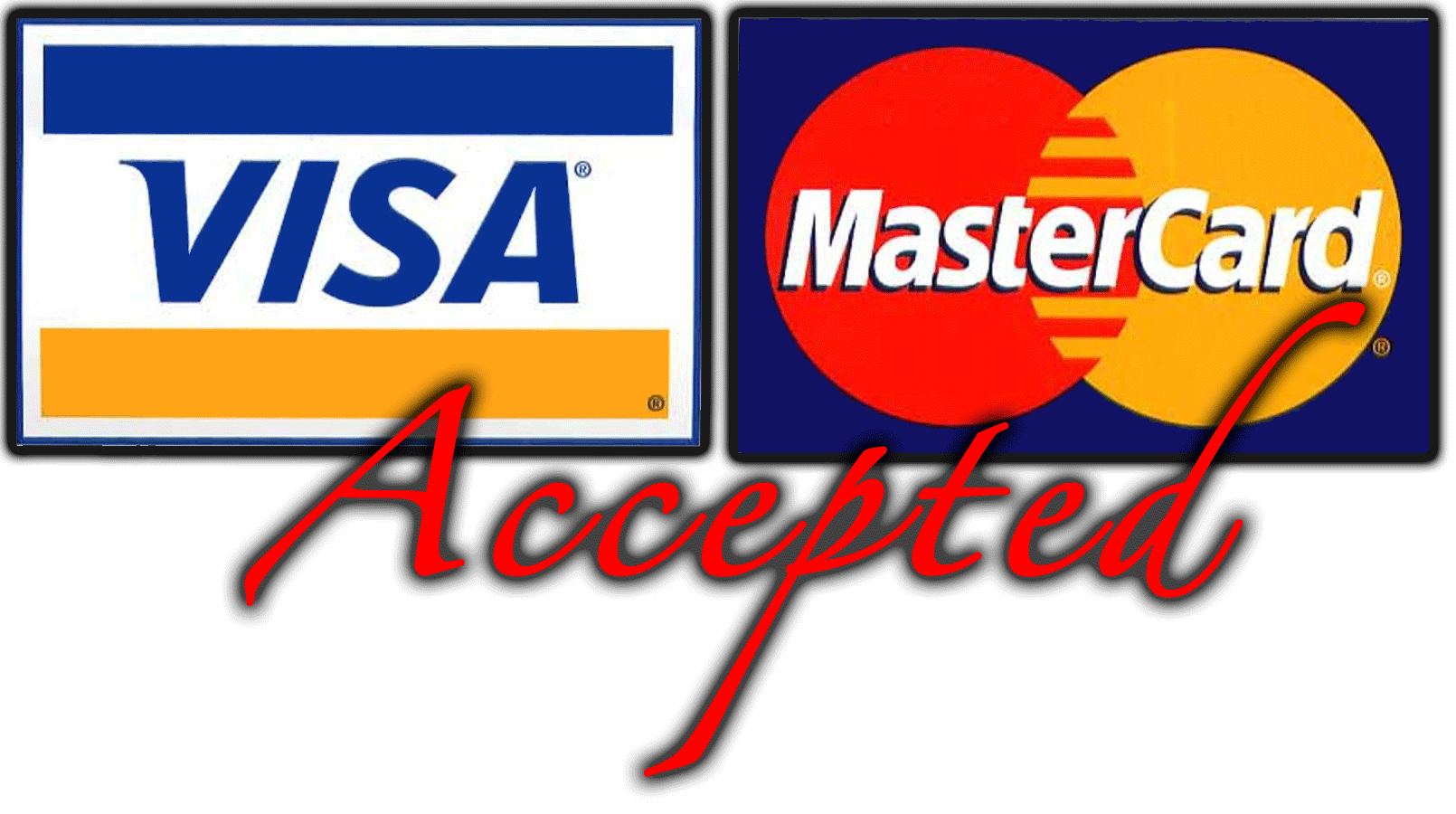Affordable Bankruptcy Lawyers
We Are A Michigan Law Firm: Associate Attorneys of Michigan., PLC
Location: 18551 W. Warren Ave ., Detroit, MI. 48228
Tel : 313-982-0010
Toll Free : 1-877-471-4049
Fax : 313-271-2561
Email : [email protected]
Business Hours : M-F From 9:00 AM to 5:00 PM
We are a debt relief agency. We help people file for bankruptcy relief under the Bankruptcy Code.
For your FREE CONSULTATION and to speak with an experienced Michigan Bankruptcy Lawyer contact us today at 313-982-0010!
Payment Plan Available
FREE Consultation
Are You Eligible To File For Chapter 7 Bankruptcy Or Not?
Repossession
Wage Garnishment
Utility Shut-Off
Evictions and Foreclosures
Collection Activities
Tax Levy
We Offer Payment Plan
We Meet Or Beat The Lowest Attorney Fee You Can Find!
1-877-471-4049
Associate Attorneys of Michigan, PLC
Southfiled
24300 Southfiled Rd, Ste 210
Southfiled, MI. 48075
(248) 281-6299
Usually between 20 and 40 days after you file your petition, the trustee will hold the "first meeting of creditors" (also called a "341" meeting). The Debtor MUST attend. If for some reason the Debtor is unable to attend the first hearing and has a good excuses, the Trustee will reset it to a second case. The trustee will ask you to raise you right hand and take an oath stating that what you are about to say is the truth, the whole truth, and nothing but the truth under the penalty of perjury. Remember that failing to tell the truth is a criminal offense. Perjury is investigated and prosecuted by the FBI and the U.S. Attorney. The proceeding is recorded. You are to answer questions verbally. Do not shake or nod your head or provide an "Mnn...mnn" answer.
You will the be seated and the trustee (or your attorney if you have one) will ask you some of the following questions:
1. State your name and current address for the record.
2. Please provide your picture ID and Social Security number card for review.
3. Did you sign the petition, schedules, statements, and related documents and is the signature your own? Did you read the petition, schedules, statements, and related documents before you signed them?
4. Are you personally familiar with the information contained in the petition, schedules, statements and related documents? To the best of your knowledge, is the information contained in the petition, schedules, statements, and related documents true and correct? Are there any errors or omissions to bring to my attention at this time?
5. Are all of your assets identified on the schedules? Have you listed all of your creditors on the schedules?
6. Have you previously filed bankruptcy? (provide trustee with case number and the discharge information to determine discharge eligibility in this case)
7. What is the address of your current employer?
8. Is the copy of the tax return you provided a true copy of the most recent tax return you filed?
9. Do you have a domestic support obligation? To whom? Please provide the claimant's address and telephone number, but do not state it on the record. Are you current on your post-petition domestic support obligations?
10. Have you filed all required tax returns for the past four years?
11. Did you file bankruptcy before
Bankruptcy Hearing
Our Michigan Bankruptcy Lawyers in Detroit represent individual and small business debtors in Chapter 7 and Chapter 13 bankruptcy cases, in all in all counties that are within the United States Bankruptcy Court for the Eastern District of Michigan including Detroit, Ann Arbor, Allen Park, Albion, Lincoln Park, Brighton, Howell, Hamtramck, Harper wood, Royal Oak, Southgate, Romulus, Canton, Southfiled, Saline, Monroe, Blissfield, Romulus, Southgate, Wyandotte, Livonia, Dearborn, Westland, Lansing, East Lansing, Okemos, Warren, Sterling Heights, Roseville, Eastpointe, Battle Creek, Oak Park, Hillsdale, Inkster, Ferndale, Hazel Park, Whitmore Lake, Plymouth, Farmington, Trenton, Flat Rock, Tecumseh, Clinton, Chelsea, Novi, Garden City, Westland, Northville, South Lyon, Milan, Brooklyn, Melvyndale, Ecorse, Belleville, Canton, Wayne County, Ingham County, Washtenaw County, Monroe County, Macomb County, Livingston County, Shiawassee County, Clinton County, Eaton County, Calhoun County, Branch County, Hillsdale. The information contained herein is not legal advice. Any information you submit to us may not be protected by attorney-client privilege. All or some photos are of models and do not depict clients. An attorney responsible for the content of this Site is M. Zaher, Esq., licensed in Michigan with offices at 18551 W. Warren Ave., Detroit, Mi. 48228. We are expressly disclaim all liability in respect to actions taken or not taken based on any or all the contents of this website. We reserve the right , at our sole discretion, to change, suspend, or discontinue all or any part of this website or the content at any time without prior notice or liability.
LAW
BANKRUPTCY
Your Detroit Bankruptcy Attorneys
Detroit
18551 W. Warren Ave.,
Detroit, MI. 48228
(313) 982-0010
FREE Bankruptcy Test
Find Out If You Are Eligible For Chapter 7
Bankruptcy Q&A
1. Will I be allowed to file bankruptcy if my income is high?
2. Can I go to jail if I file bankruptcy or don't pay my debts?
3. Can a Judge ever turn down a bankruptcy petition?
4. What are common reasons for filing bankruptcy?
5. What exactly is bankruptcy?
6. How soon can you stop calls from my creditors?
7. What are the Debtor's Duties?
8. Will I lose any property, assets or belongings?
9. What courses should I take before and after filing a bankruptcy?
10. How does bankruptcy affect my credit?
11. How does bankruptcy affect private student loans?
12. What is the Mean's test?
13. Can you stop wage garnishment?
14. What is the Automatic Stay?
15. Can you stop auto repossession?
16. How often can you file for bankruptcy?
17. Will I have to go to court?
18. Can I file for Bankruptcy protection if I own a business?
19. What kinds of debts does Bankruptcy eliminate?
21. What types of debts are not dischargeable in bankruptcy?
22. Can I use or obtain credit during my Chapter 7 or 13?
1. Will I be allowed to file bankruptcy if my income is high?
Bankruptcy now includes a "means test" which is intended to provide a more objective approach to the issue of a debtor's ability to pay. Prior to the 2005 amendments, the trustee could ask the judge to dismiss a case because the debtor's income was so high that to permit the debtor to discharge his debts in Chapter 7 was a "substantial abuse" of the bankruptcy system. Now, the means tests purports to provide uniformity to the process and lowers the standard to simple "abuse". S 707(b)(2).
The United States Trustee or the Chapter 7 trustee can seek to have a debtor's case dismissed for "abuse" if the debtor's income, including that of a non-filing spouse, is sufficient to repay a significant portion of the scheduled debts. 11 U.S.C. 707(b). The real expectation is that debtors who are challenged in this way will convert their case to Chapter 13.
2. Can I go to jail if I file bankruptcy or don't pay my debts?
No. There are no debtor's prisons in the United States.
3. Can a Judge ever turn down a bankruptcy petition?
Yes - A judge may decide that you have enough income or assets to reorganize (Chapter 13) rather than eliminate your debts (Chapter 7). S/he may dismiss your Chapter 7 bankruptcy case. (11 U.S.C. § 707(b).
4. What are common reasons for filing bankruptcy?
Often a debtor (the person or married couple who is filing for bankruptcy) has: seriously overextended credit; become unemployed; experienced a reduction in income; suffered business reverses; significant medical expenses; marital problems such as divorce or separation, or very often is simply a victim of poor financial planning and credit card interest rates, late charges and over-limit penalties.
5. What exactly is bankruptcy?
Bankruptcy is a federal court process designed to help consumers and businesses eliminate their debts or repay them under the protection of the bankruptcy court. Bankruptcies can generally be described as "liquidation" or "reorganization." Under a liquidation bankruptcy (Chapter 7), you ask the bankruptcy court to wipe out (discharge) the debts you owe. Under a reorganization bankruptcy (typically Chapter 13, for consumers), you file a plan with the bankruptcy court proposing how you will repay your creditors. You must repay some debts in full; others may be repaid only partially or not at all, depending on what you can afford
6. How soon can you stop calls from my creditors?
Once the petition for bankruptcy file with court, whether under Chapter 7 or Chapter 13, an automatic stay is entered in your case. The automatic stay prevents bill collectors from taking any action or attempting to collect the debt. As soon as the creditor becomes aware of the fact that you have filed for bankruptcy, all collection efforts must cease.
7. What are the Debtor's Duties?
The Debtor may not submit any documents to the Bankruptcy Court until the Debtor is certain that the information is (1) well grounded in fact; and (2) warranted by existing law or a good faith argument for the modification of the existing law. Rule 9011 In other words, someone who is representing himself or herself in a bankruptcy is held to know both the bankruptcy and state laws that apply to their situation. Ignorance of the law is no excuse. The Debtor's attorney must make the same avow regarding the information provided by the Debtor. Sanctions can be awarded under §707(b)(4).
8. Will I lose any property, assets or belongings?
Many clients assume that they will lose all of their property or assets in a bankruptcy. Many are under the improper assumption that the bankruptcy Trustee, the individual in charge of managing their bankruptcy case and making sure their creditors receive any funds that would be non-exempt, will come out to their house and take everything leaving them in an even worse position. Please be advised that your assets are divided into two types, exempt assets and non-exempt assets. Exempt assets are the necessities of life, the things that you use or need to survive (Clothing ....etc). Non-exempt assets are luxury items, things that could be sold to provide your creditors with some funds even though you filed a bankruptcy.
9. What courses should I take before and after filing a bankruptcy?
Every consumer who files Chapter 7 or 13 bankruptcy is required take a credit counseling "briefing" within 180 days PRIOR to filing their bankruptcy and file a certificate of compliance. There is a provision for emergency situations, but they still must prove that they tried to obtain the class within the last 5 days of filing, but they must take the class and file a certificate of compliance within 30 days after filing their bankruptcy Petition. There is also a budget class that must be taken within 45 day s after filing your bankruptcy. Failure to do so will result in additional fees and costs in order to get your discharge in your bankruptcy. There will be fees charged for those classes, unless you cannot afford to pay such fees.
10. How does bankruptcy affect my credit?
There is no clear answer to this question. Each person's situation is unique and each lender has their own criteria for making a loan. Declaring bankruptcy doesn't necessarily mean that the door to future credit will be forever closed to you. Although the history of a bankruptcy stays in your credit reporting agency files for ten years, it is possible for you to rebuild your credit in just a few years.
11. How does bankruptcy affect private student loans?
Bankruptcy does not exclude you from receiving financial aid for your college education.
12- What is the Mean's test?
The "Mean's Test" is a formula that determines whether the person filing for bankruptcy protection has enough income to pay the expenses that are allowed, plus extra money to pay to non-priority, unsecured creditors such as credit cards. The Debtor must calculate their "current monthly income", including all income from spouses, rents (minus expenses), bonuses, plus probably includes "help" Debtor has been receiving regularly from family or friends. Allowed living expenses and payment of secured and priority debts are then subtracted from the total income for a net income or monthly disposable income that could be used to pay unsecured non-priority debts. The chapter 7 can be challenged if the net income, multiplied by 60, is greater than (1) either 25% of the nonpriority unsecured claims or $6,000, or (2) greater than $10,000. They may insist that the Debtor convert the case to a chapter 13 or lose the bankruptcy protection completely. §707(b). Basically, if the debtor can pay $100 per month to their unsecured creditors, then they may face a challenge to their chapter 7. Only time will tell what the law really means.
13. Can you stop wage garnishment?
A bankruptcy will stop your creditors taking of your pay checks. Once your case is filed, creditors are no longer entitled to garnish your wages for debts that existed at the beginning of the case.
14. What is the Automatic Stay?
The filing of the petition creates an automatic stay under 11 U.S.C. §362 prohibiting all collection actions. 11 U.S.C. §§ 301, 302, 101(42) - unless the Debtor has filed a prior bankruptcy in the last 12 months. The automatic stay is good for only 30 days if that Debtor has filed one prior case in last 12 months. §362(c)(3)(A). If the Debtor wants to extend the automatic stay they must file a motion to extend the Stay immediately after filing the bankruptcy. There is no automatic stay if the Debtor has filed 2 or more cases in last 12 months. §362(c)(4)(A)(i) A dismissed case is a filed case. There is no excuse for a Debtor's failure to understand these limitations.
15. Can you stop auto repossession?
If you are facing the treat of repossession, we may be able to help you. An emergency bankruptcy filing can stop a creditor from repossessing your vehicle. During a Chapter 7 bankruptcy all unsecured debts are discharged. Debts that are secured by collateral (e.g. car loans) must be paid or the collateral must be returned to the lender.
16. How often can you file for bankruptcy?
Chapter 7 bankruptcy can be filed every 8 years from a previous chapter 7 filing or 6 years from a prior chapter 13 filing. Chapter 13 can be filed 4 years from a prior Chapter 7 filing or 2 years from a prior Chapter 13 filing.
17. Will I have to go to court?
The debtor must attend the creditors' meeting scheduled for their bankruptcy petition. The trustee conducts the meeting. The debtor must answer questions concerning:
How the situation evolved - Any actions taken with the property
Debts listed in the petition or any other financial information requested by the trustee - Failure to respond or not respond truthfully can result in the petition being dismissed or, in extreme cases, a charge of perjury. Creditors have been notified that they may attend and question the debtor about the assets of the debtor or any other matter relevant to the bankruptcy. A creditor doesn't waive any rights by not attending the creditors meeting.
18. Can I file for Bankruptcy protection if I own a business?
Yes, but it depends on how the business is owned, the value of your business, and other factors including what you intend to do with the business. The business itself may require bankruptcy protection; if you are a sole proprietor, or have guaranteed your business' debts, you may require bankruptcy protection for yourself, as well.
19. What kinds of debt can bankruptcy eliminate?
Filing under Chapter 7 may allow many types of debts to be wiped out completely:
■credit card debt
■electric, gas, water, and other utility bills
■medical, dental, and vision bills
■personal and unsecured bank loans
■automobile loan obligations remaining on a repossessed vehicle
■mortgage loan obligations remaining on a foreclosed home
20. How Often Can You File Bankruptcy?
Bankruptcy laws were reformed in 2005 making the time limit between chapter 7 filings 8 years from the time of discharge and the time for filing a chapter 13 after a chapter 7 discharge 4 years.
21. What types of debts are not dischargeable in bankruptcy?
Generally speaking, student loans are not dischargeable in bankruptcy; nor are taxes, child support and alimony, marital debts, intentional torts, recent credit purchases and cash advances, and any debts incurred through a fraudulent act.





